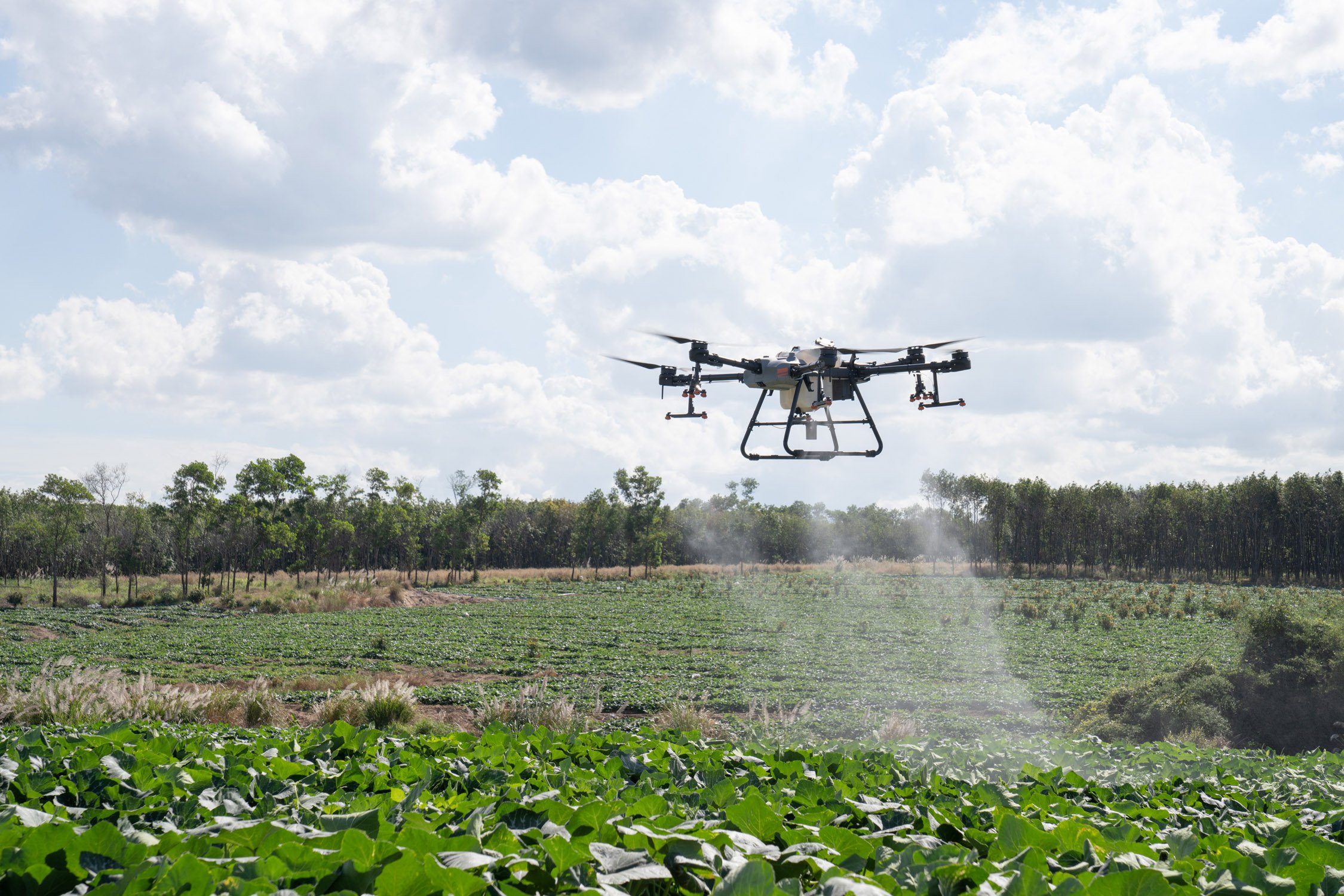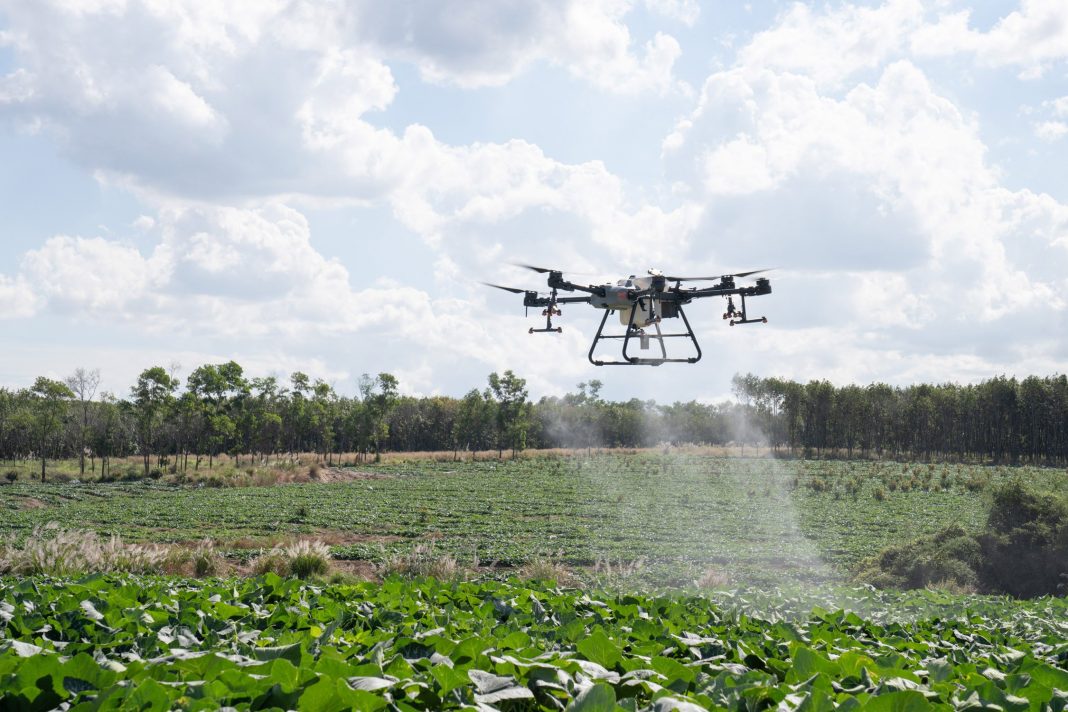
Planes Conduct Aerial Spraying to Combat EEE Virus in Plymouth County
As concerns over the deadly mosquito-borne Eastern Equine Encephalitis (EEE) virus continue to rise, authorities in Plymouth County, Massachusetts, have taken proactive measures to address the issue. The state Department of Public Health has announced plans to conduct aerial spraying in Plymouth County throughout the night, with truck-mounted spraying taking place in parts of Worcester County, including Dudley. The goal of this spraying is to minimize the risk of EEE transmission and protect the residents of these areas.
The use of planes in aerial spraying allows for the treatment of areas that are hard to access by road. According to Laura McGowan of Clarke Mosquito, “What we can do with aerial applications that we can’t do on the ground is to get to those areas where it’s hard to get to by roads.” Two small planes were loaded with approximately 200 gallons of spray each and took off around dusk to distribute the pesticide.
The state has identified 10 communities as being at high or critical risk for EEE, and 13 communities have been included in the aerial and truck-mounted spraying areas between Plymouth and Worcester counties. EEE is a rare but serious disease that can be contracted through a mosquito bite. While some infected individuals may not show any symptoms, others may experience brain swelling and potentially fatal outcomes. Michelle Bratti, the Plymouth Commissioner of Health and Human Services, emphasized the severity of EEE, stating that between 30% and 70% of EEE cases are fatal. The importance of taking action to protect the community cannot be overstated.
Recent years have seen outbreaks of EEE in Massachusetts, with 17 human cases and seven deaths documented between 2019 and 2020. Just this month, the state reported its first human case of EEE in 2024, involving a man in his 80s exposed to the virus in Worcester County. These incidents highlight the urgency of implementing preventive measures to mitigate further transmission.
To ensure the safety of community members, Plymouth officials have closed town parks and fields from dusk until dawn. Additionally, aerial and truck-mounted spraying operations are being conducted, with a focus on informing the public rather than causing alarm. Michelle Bratti emphasized the intention behind these measures, stating, “It’s to keep our kids safe, to keep our seniors safe [and] keep all residents safe.”
The mosquito spraying is being carried out until approximately 4:30 a.m. and involves the use of the Anvil 10+10 pesticide. While officials have stated that special precautions are unnecessary, residents in the affected areas who prefer to minimize exposure can choose to stay indoors during spraying. Individuals with sensitivities to chemicals or respiratory conditions like asthma are encouraged to remain indoors as well. The planes distributing pesticide in Plymouth County fly at an altitude of approximately 300 feet, ensuring minimal impact on the ground. Laura McGowan reassured the public, saying, “Most people don’t even notice it’s happening unless they happen to see an aircraft in the sky. By the time you hear us, we’re past where we would be impacting you anyway.”
While aerial spraying and other preventive measures are underway, it is essential for residents to remain vigilant and continue protecting themselves against mosquitoes. The state is regularly updating its town-by-town map of EEE risk levels across Massachusetts, providing valuable information to the public. It is worth noting that along with EEE, officials have also cautioned about the presence of West Nile Virus, which is also transmitted through mosquito bites. Massachusetts has already reported two confirmed cases of West Nile Virus in 2024.
In conclusion, the proactive steps taken by Plymouth County officials, including aerial spraying and public awareness campaigns, demonstrate their commitment to safeguarding the community from the EEE virus. By utilizing planes to distribute pesticide in hard-to-reach areas, authorities have effectively targeted potential breeding grounds for mosquitoes, reducing the risk of EEE transmission. However, it is crucial for residents to remain cautious and follow recommended precautions even after the spraying operations, as mosquitoes continue to pose a threat. By staying informed and taking necessary preventive measures, individuals can contribute to the collective effort of combating mosquito-borne diseases and ensuring the well-being of their community.


